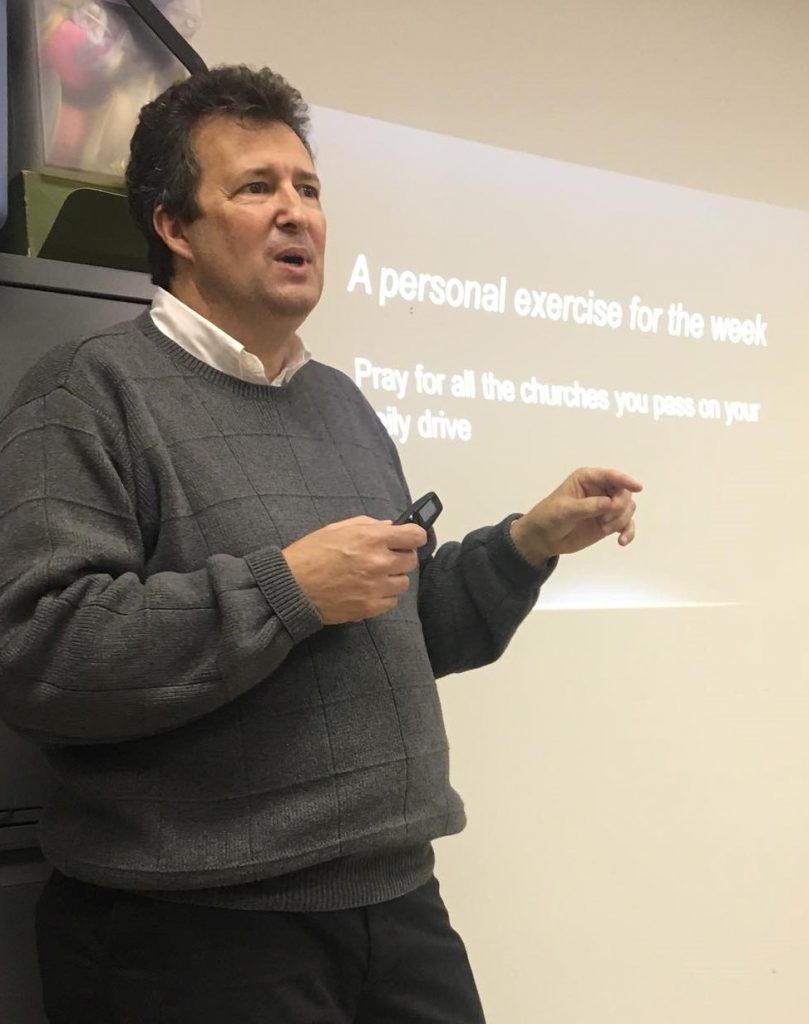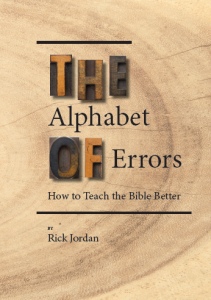“I don’t like to call myself a teacher,” the Bible study teacher told me. “I prefer the title, ‘facilitator.’
I suppose that sounds less “know-it-all-ish.” Is that the fear – that someone might think that you think you know more than they do. Which – after reading the text and the lesson plan and the commentary – you do, right? Unless you have a severe retention problem. In which case, you could facilitate a discussion or lead an exercise or ask feeling questions and call yourself a facilitator.
Call me Coach
Others title themselves as coaches. “Coach” has all sorts of baggage attached to it, as well. There are athletic coaches, business coaches, life coaches – I think most people think of sports when they hear this word, though. The person who calls the plays from the sidelines or tells the runner to hold or argues with the umpires. Do you do those “kinds” of things, kind of? Do you tell the people how they should behave, stop forward progress, and belittle authoritative figures? If so, you’re teaching, but it’s not necessarily helpful.

Most athletic coaches, however, not only know their sport, they like their team members. Some even love their team members. The mutual goal is to win the championship. But relationships are important, too, including the team members’ relationships outside of game time – family and friends. These coaches are mentors, helping players to navigate change and to see the big picture.
Consult for results?
Modern vernacular has added the title of coach to the business world. There is a distinction between a consultant and a coach. A consultant enters a group meeting with a plan and a process and an agenda based on the consultant’s knowledge and experience. The coach enters the meeting assuming that the person(s) to be coached have the knowledge and/or experience to solve problems and create goals – they just need someone to listen well, then ask them the right questions. I’ve performed both roles. Neither is as easy as the non-consultant/coach might think. Both require well-trained listening skills and much practice.

The greater commission
In Matthew 18:28, Jesus told his disciple to “make disciples, teaching them to obey all that I have taught you.” That teaching was more than facts and doctrine.
In Matthew, teaching is embodied; it is God-with-us teaching.
– Mitzi Smith
Mitzi Smith notes, “Daniel Harrington sees Matthew 28:16-20 as a summary for Matthew and he argues that Jesus is ‘the teacher par excellence,’ sending his disciples to continue ‘his teaching mission.’ Thus Harrington also reiterates and exalts Jesus as the paradigmatic teacher in Matthew, encouraging readers to read the entire Gospel through that lens. I propose that this…practice obfuscates the holistic and incarnational justice ministry of Jesus to which he called and calls his disciples. In Matthew, teaching is embodied; it is God-with-us teaching.”1
The best teacher, like Jesus, not only talks the walk, they walk the talk. He said, “love your enemies,” then did it. He said, “feed the hungry,” then did it. He said, “forgive 70 times 7,” then did it.
The great Bible teacher has knowledge, experience, and love for the class members. They speak the truth in love. They have authority, not because they have a title, but because their deeds match their teachings.
- Mitzi J. Smith, “‘Knowing More than is Good for One’: A Womanist Interrogation of the Matthean Great Commission”, in I Found God in Me: A Womanist Biblical Hermeneutics Reader, ed. Mitzi J. Smith (Eugene, OR: Cascade Books, 2015), 246. [↩]


